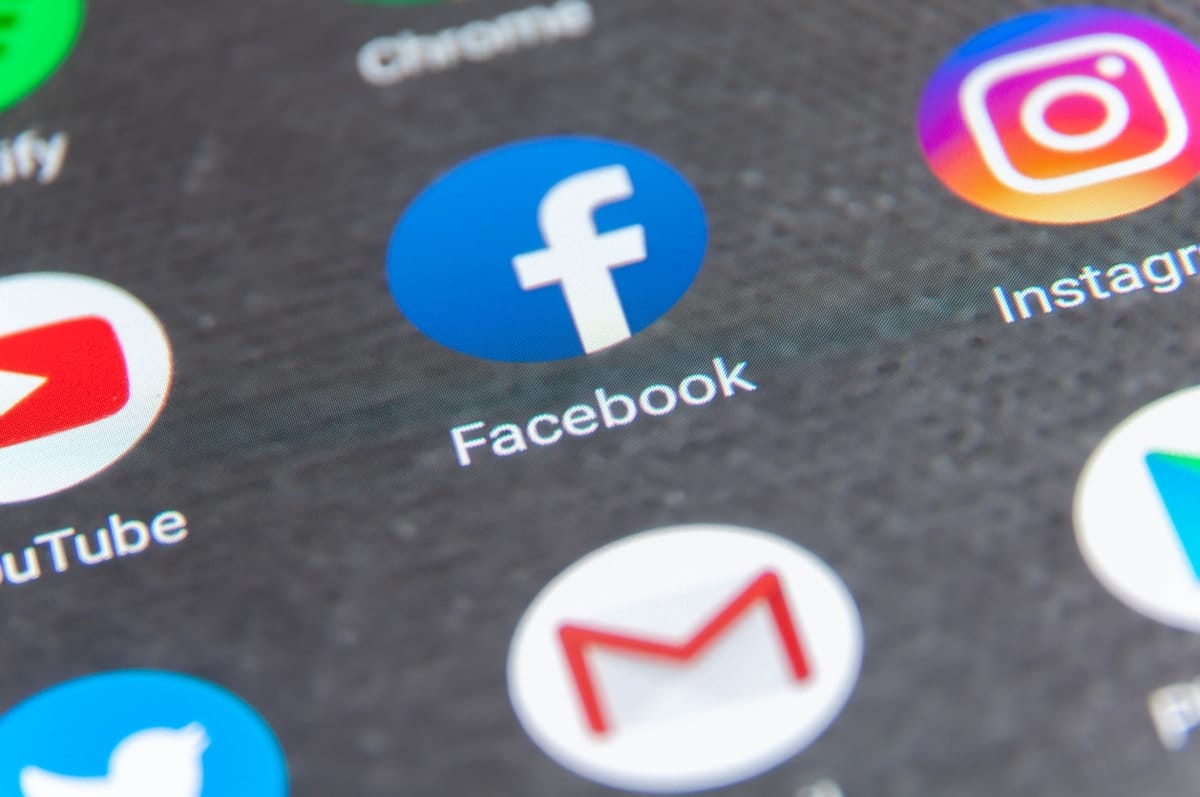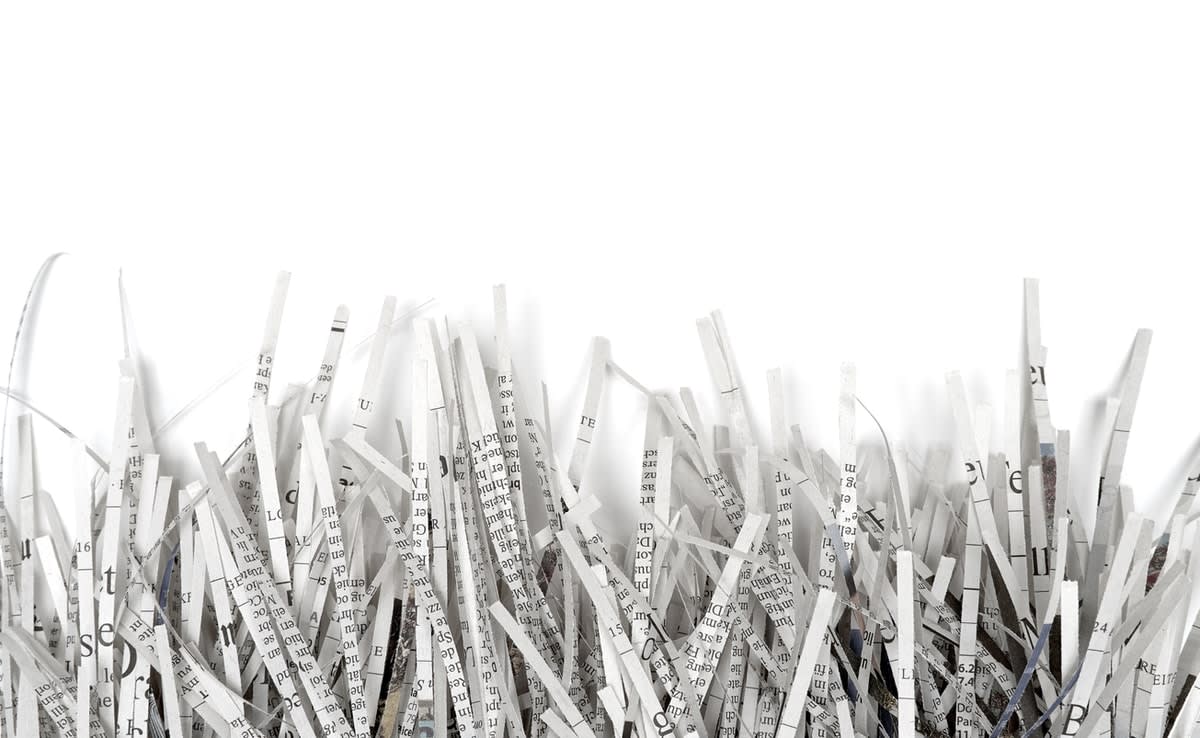
Australia could be the first country to support journalism by diverting profits from Facebook and Google using competition law.
“I think it’s a really terrific idea,” says journalism academic Johan Lidberg. “I’m proud that Australia is charging ahead with this, because it’s a hugely challenging thing.”
The Morrison government ordered the Australian Competition and Consumer Commission to develop a mandatory code of conduct governing commercial arrangements between media companies and the tech giants, after the ACCC advised it was “unlikely” that a voluntary agreement would be reached.
Digital platforms other than Google and Facebook may also be required to provide compensation in the future.
The initiative recognises that journalism conducted in the public interest must be economically viable if our democracy is to stay healthy. The internet has decimated print journalism revenues in particular; circulation has crashed, and advertising has migrated online, with Google and Facebook swallowing most of the revenue.
The ACCC has released a draft code, which is open for consultation until the end of August. Legislation is expected to follow soon after.
The devastating impact of COVID-19 on media advertising and revenues has brought a sense of urgency to the proceedings. “Nothing less than the future of the Australian media landscape is at stake with these changes,” Treasurer Josh Frydenberg has said.

The journalists’ union, the Media Entertainment and Arts Alliance, has welcomed the draft code, but says any compensation must be directed to regional media companies as well as the big players such as News Corp Australia and Nine. (At the federal government’s direction, the public broadcasters ABC and SBS have been excluded from the draft code.)
“So far in 2020, COVID-19 has contributed to the suspension or permanent closure of more than 100 newspaper mastheads, many of them in regional Australia,” MEAA media president Marcus Strom said in a statement. “We estimate that the Australian media is on track to lose a further 1000 editorial jobs this year alone.”
This is in addition to the “more than 200 broadcast and print newsrooms [that] have closed temporarily or for good” since January 2019.
Dr Lidberg agrees. The collapse of regional journalism is “probably the most important democratic issue of all,” he says. “Local papers in the regions are the engine room of our democracy. That’s where journalism is close to the people. The local court cases should be covered, local councils.”
Details yet to be determined
The multimillion-dollar questions – the value of Australian media content to Google and Facebook, and how the media companies should be compensated – are yet to be determined. The draft code puts forward a range of possibilities, including an annual fixed sum or payment per item of content. It gives Google and Facebook three months to negotiate a deal with media companies before the process is referred to independent arbitration.
“The news media businesses shouldn’t be asking for Google and Facebook to cover all their costs,” ACCC chairman Rod Sims has said. “Google and Facebook shouldn’t be insisting they cover none of the costs, so it is something in the middle. Likewise, you shouldn’t be asking Google and Facebook to pay something that completely wipes out all of their profit.”
The draft code proposes severe fines if compensation isn’t paid. Although they’ve objected to the initiative, Dr Lidberg expects that Google and Facebook will comply. “If Australia can get some model working here, I’m hoping that other countries will then latch on and say, ‘Well it worked there, let’s see if we can do it, too’.”

Google, meanwhile, is fighting back. In an open letter, Google Australia and New Zealand managing director Mel Silva said a News Media Bargaining Code “would force us to provide you with a dramatically worse Google Search and YouTube, could lead to your data being handed over to big news businesses, and would put the free services you use at risk in Australia.”
The ACCC challenged these assertions. “Google will not be required to charge Australians for the use of its free services such as Google Search and YouTube unless it chooses to do so,” it said.
The code will be reviewed after a year, and could be adjusted depending on feedback from interested parties.
“I don’t want to get ahead of myself, but just as we’ve learnt from overseas, hopefully they can learn from us.”
Rod Sims also expects the code will set a global precedent. “I don’t want to get ahead of myself, but just as we’ve learnt from overseas, hopefully they can learn from us,” he said.
France, Germany and Spain have already attempted to redirect a percentage of Google and Facebook’s profits to journalism – but they’ve used copyright law, so far without success. Competition law provides a more straightforward and effective means of compensating media companies, Dr Lidberg says. “It’s a bigger stick than copyright law.”
Read more: Consumer watchdog: Journalism is in crisis, and only more public funding can help
The draft code recognises that the internet has forced companies to make their content available online, giving the digital platforms immense power. People reading the latest COVID news on Google, or on their Facebook feed, for example, also see individually tailored advertisements based on their past searches. This revenue goes to the tech giants, not to the media companies and their journalists who provided the content.
Under the draft code, the digital platforms and their subsidiaries such as YouTube (Google) and WhatsApp (Facebook), must disclose the algorithms that govern how their search engines and news feeds rank media content, as well as their access to user data.
Free content hindered the cause
When the media industry provided free content online, it “was partly digging its own grave”, Dr Lidberg says. “Well, the industry’s now saying … ‘We need help, because we mean something to democracy’, which is a really valid argument.”
How did Australia, where media ownership is highly concentrated, lead the world in defending journalism?
“The cynical interpretation would be that the big dragons, including News Corp, leaned on the government,” Dr Lidberg says. “And the other, more altruistic argument would be, ‘Well, the government has understood that quality public interest journalism does play a really important role, especially in times of misinformation’.
“I would say it’s probably a bit of both.”
Read more: Investigative journalism: demystifying some of its practices, beliefs and challenges
Credible journalism is critical during a crisis – such as a pandemic – where misinformation can wreck public health initiatives.
“Journalists and politicians go hand-in-hand,” Dr Lidberg says, although neither party may like to admit it. “If political leaders are not trusted, then they can’t really lead effectively in times like this.”
Journalists also need to be trusted to report fairly, and to ask questions in the public interest. Without this trust, important information will not “get out there”, he says.
Australian journalism may have reached its lowest point, he says. “I think we’re seeing the turnaround for future professional journalism. It will look a bit different, but the main task ahead for professional journalists will be as verifiers and curators … Professional journalists will work with lots of different people, including possibly citizen journalists, but they’re the ones who will make sure that what gets published is trustworthy.”





